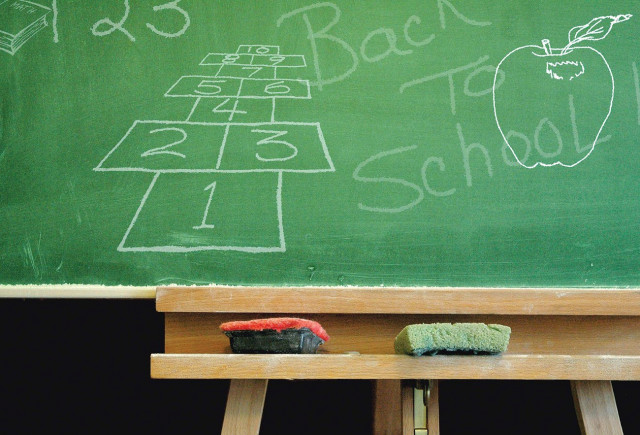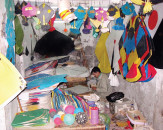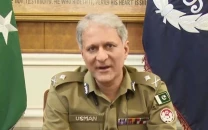Schools of tomorrow
Conference discusses changing paradigms, leadership and development.

Speaking at the international conference on School of Tomorrow: Freedom to Learn organised by the Beaconhouse School System on its 35th anniversary, Ayub recalled how he had started teaching a street child outside a general store and ended up as the principal of an open-air night school in Islamabad.
He revealed that he was currently working as a fireman-in-charge in the day and as a teacher in the evening. He said he managed to buy a notebook each and meagre amounts of stationery for the children and taught them in the evening. “In return, my pockets are full of candy,” he said. Apart from recognising Ayub’s efforts, the conference emphasised the importance of collaborative learning and leadership.
Dr Saeeda Shah, who teaches master’s and doctoral level students at the University of Leicester and is the programme leader for MSc Education and Leadership, explained collaborative learning is the process in which both the students and the teachers learned from each other. It minimised a teacher’s role as an instructor and expanded it as an observer-learner, she said. Students, she added, needed to apply collaborative learning to their daily lives.Dr Mary Louise Holly, one of the founders of Learning Communities, called for a new paradigm. “Earlier, the model was instruction (by teacher) and learning (by student). Now the model needs to be delivery and discovery through the process of systematic inquiry,” she explained.
Dr Anthony Townsend said he aimed at elucidating a newer side to leader – its succession. He said, “One of the key rules about leadership is to find who will replace you, and how succession will take place in an institution. Not just who’s going to be the next principal, but also who is going to teach after the current faculty.” The conference was also dedicated to the flood survivors, pledging to “rebuild Pakistan through education.”
Kasim Kasuri, the chief executive officer of Beaconhouse put a random question asking if schools killed creativity. To which early childhood education specialist Thomas White answered, “Bad schools do.” Physicist Pervez Hoodbhoy added, “Our schools do.”
Published in The Express Tribune, November 6th, 2010.


















COMMENTS
Comments are moderated and generally will be posted if they are on-topic and not abusive.
For more information, please see our Comments FAQ